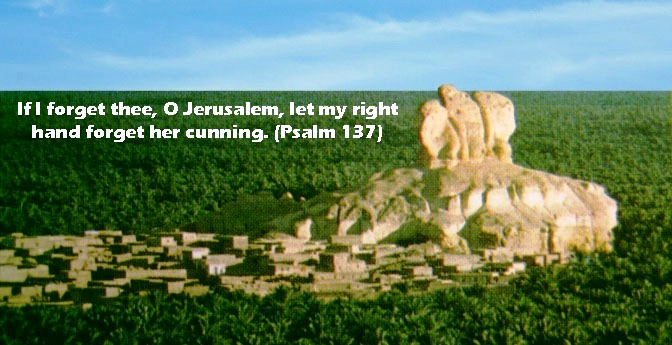-
Toponymy Simplified
Toponymy is the study of place-names, including their origins, meanings, usage and types. Toponymic research is based on etymological, historical, and geographical information concerning the place-name in question. A place-name (or toponym) is a word or words used to indicate, denote, or identify a geographic locality: town, city, river, mountain, etc. Toponymy divides toponyms, (placenames), into…
-
camouflaged cognates
Because language change can have radical effects on both the sound and the meaning of a word, cognates may not be obvious, and it often takes rigorous study of historical sources and the application of the comparative method to establish whether words are cognates.
-
Geography & names
Toponyms and geography are also closely interlinked. In many cases, place-names can be seen to be the spoken expression of Man’s view of the surrounding landscape.
-
Strong dust storms may have caused the collapse of the Akkadian Empire
Fossil coral records provide new evidence that frequent winter shamals, or dust storms, and a prolonged cold winter season contributed to the collapse of the ancient Akkadian Empire in Mesopotamia.
-
Was Jesus a carpenter?
Only twice do the gospels refer to Jesus as a carpenter. But the word might not mean what we think it does.
-
The Myth Of The Masada
The Masada myth is the early Zionist retelling of the Siege of Masada, and an Israeli national myth.
-
Meaning of Egypt
The Sinai Peninsula has provided a continuous land bridge connecting northeast Africa and Asia, and particularly Ancient Egypt with the Levant. [01] Sinai is triangular in shape, with its northern shore lying on the southern Mediterranean Sea, and its southwest and southeast shores on the Gulf of Suez and the Gulf of Aqaba of the…
